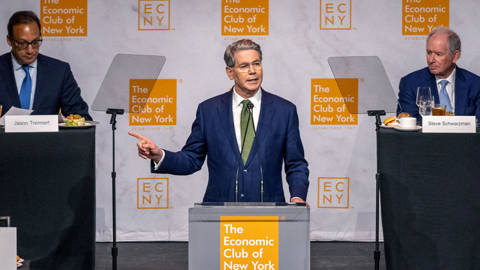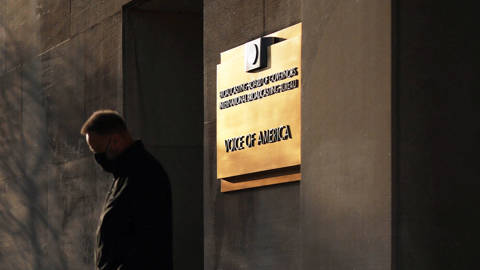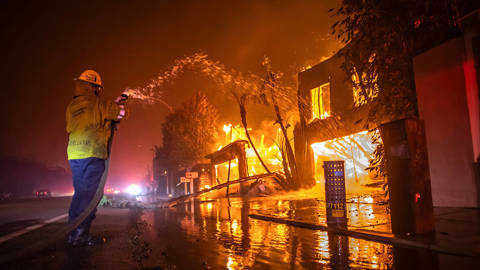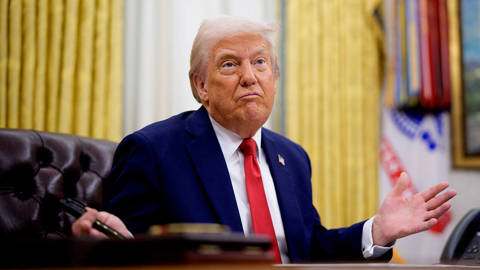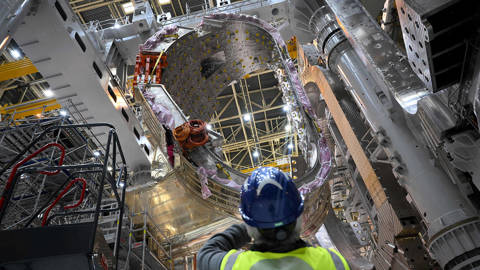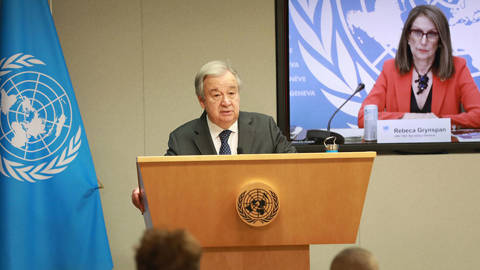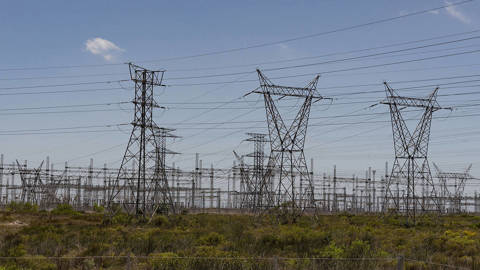Rebecca Ray
Rebecca Ray is a senior academic researcher at the Boston University Global Development Policy Center.
-
Making Climate Finance Affordable
 Free to read
Free to readMaking Climate Finance Affordable
Mar 11, 2024 Rebecca Ray & Ulrich Volz propose measures to lower borrowing costs for emerging-market and developing economies.
-
China Takes the Lead in Development Finance
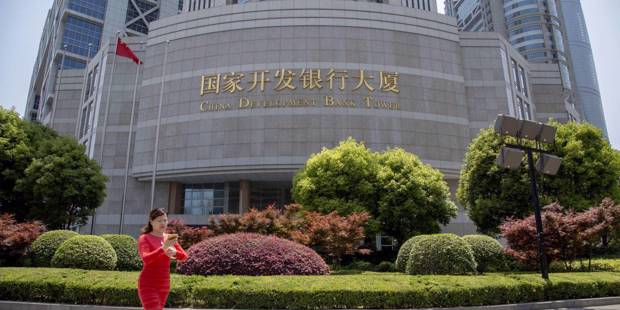
China Takes the Lead in Development Finance
Dec 9, 2020 Kevin P. Gallagher & Rebecca Ray highlight the potential benefits and risks of the country's massive increase in lending to poorer economies.

